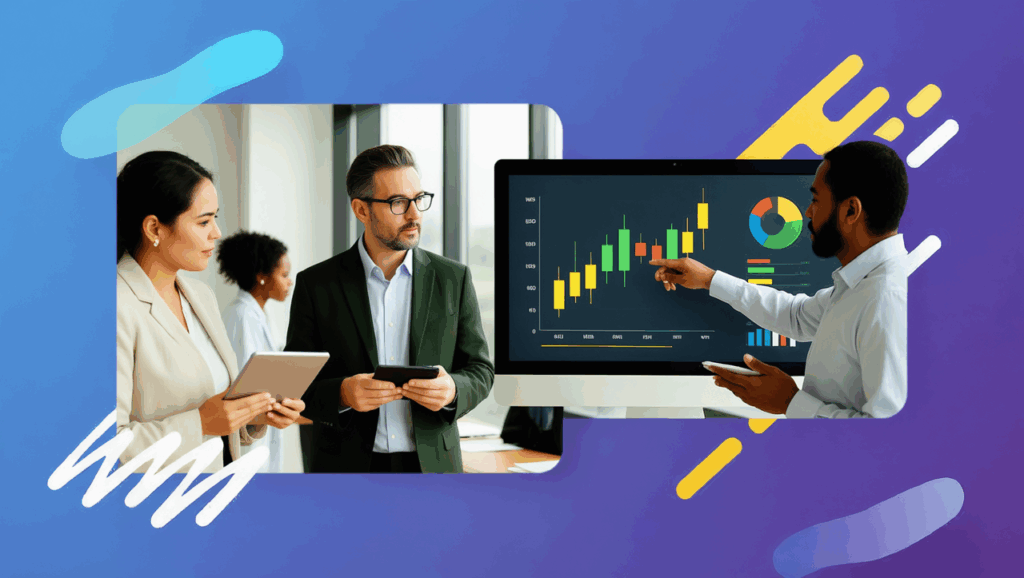There has been a lot of news about companies focusing on automated accounting and reporting software over the past few years. Sometimes this is framed as analyzing expenses with AI to predict what will happen next or using past cashflows to automate forecasting. No matter what, these solutions all seem to be promising a fully automated accounting process.
It’s not a secret that the vast majority of business leaders don’t care a ton about accounting. It’s something they know they need to take care of and they know it’s important, but there are other things they’d rather focus on. That makes sense, your business is doing something to make money and that thing is not accounting.
That said, you need to know how much money you’re making, spending, and how much you have. And it’s not that hard to create a world-class process for doing just that if you start early. Later it’s much worse, but inevitably you’ll have to make a switch if the company continues to grow.
The Best Businesses Do This Every Month:
1) Figure out how they did and their current financial position
2) Determine the financial impact of what they expect will happen next
3) Review
4) Decide what to do
At a high level, it’s not a particularly complex process. But too often steps 1 and 2 are done about 85% or done too late. As a result, steps 3 and 4 happen with incorrect or incomplete information. This problem only gets worse and eventually, it can literally be the reason a company goes under.
Lastly, steps 1 and 2 can’t reach full automation. That’s essentially what anyone pitching a full tech solution to this problem is saying, that these steps can reach full automation. It’s just not possible, there’s still too much judgment involved in processes that may seem like low-hanging fruit from the outside. Automatically booking cash and credit card transactions to the right accounts seems like it’d be easy, I mean the categories are all there and there’s so much data to use. Many have tried though and none have gotten it to work.
You can, however, and should automate your accounting and reporting processes, with human input as needed. Figure out what accounting and reporting tools work for your business and integrate them together in a logical way. This is the gold standard. Until magic (or true AI) enters the mix.



